Curious Questions: What do all the different recycling symbols mean?
Figuring out what recycling symbols tell us about can and can’t be recycled can feel as if you’re trying to decipher the Da Vinci code. Rosie Paterson decodes nine of the most frequently used symbols.
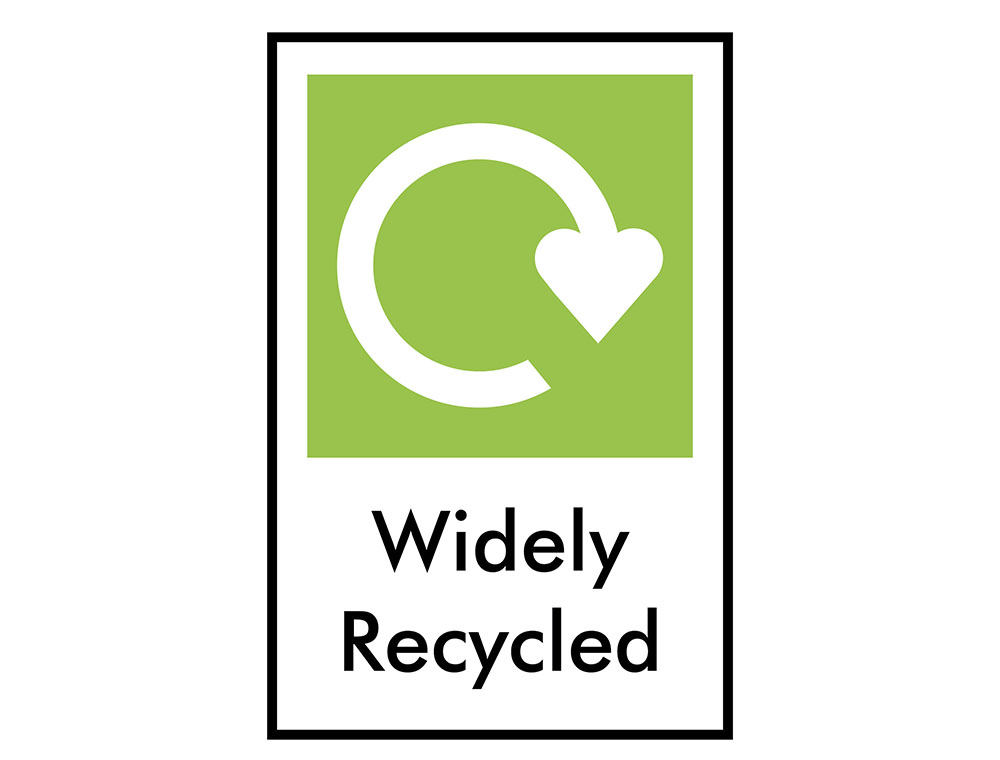

The mobius loop
The product can be recycled, but has not necessarily been made with recycled materials.
Recycle with bags at larger stores
Cereal bags, kitchen roll, bread and some magazine wraps are among things that can be recycled at a large supermarket here.
The green dot
The product likely isn’t recyclable, won’t be recycled and has not been made with recycled materials. Instead, it signifies that the producer has donated money to recycling initiatives.
Compostable
Products certified to be industrially compostable according to agreed European standards. Do not put compostable plastic into recycling bags with other plastics; recycle with your garden waste.
Check Locally
Signifies that 20%–70% of people have access to the necessary recycling facilities for this item.
Recyclable aluminium
Arguably the only recycling symbol that’s easy to decipher.
Widely Recycled
75% of people have access to the necessary recycling facilities for this particular item. However, you might have to remove a sleeve, film or bottle top and dispose of it separately.
Sign up for the Country Life Newsletter
Exquisite houses, the beauty of Nature, and how to get the most from your life, straight to your inbox.
Not Yet Recycled
Not necessarily non-recyclable, as you might assume at first glance. Instead this means that than 20% of people have access to the necessary facilities for this item.
Plastic resin codes
Almost all recyclable plastic bears this logo — the number tells the recycling centre which plastic resin has been used in the production process. Confusingly — given the arrows — it does not follow that this plastic is recyclable. The codes are as follows:
1 PET — plastic (plastic bottles), the most widely recycled 2 HDPE — (milk cartons, bottle caps, detergent bottles and so on), widely recycled, but check with your local recycling authority 3 PVC — (cling film), not recyclable in normal collections 4 LDPE — squeezable bottles, widely recycled, but check with your local recycling authority 5 PP — plastic straws, takeaway tubs and similar; can be recycled, but check with your local recycling authority 6 PS — polystyrene, plastic forks and yoghurt pots; cannot be recycled 7 — Other, cannot be recycled
Rosie is Country Life's Digital Content Director & Travel Editor. She joined the team in July 2014 — following a brief stint in the art world. In 2022, she edited the magazine's special Queen's Platinum Jubilee issue and coordinated Country Life's own 125 birthday celebrations. She has also been invited to judge a travel media award and chaired live discussions on the London property market, sustainability and luxury travel trends. Rosie studied Art History at university and, beyond Country Life, has written for Mr & Mrs Smith and The Gentleman's Journal, among others. The rest of the office likes to joke that she splits her time between Claridge’s, Devon and the Maldives.
-
 Some of the finest landscapes in the North of England with a 12-bedroom home attached
Some of the finest landscapes in the North of England with a 12-bedroom home attachedUpper House in Derbyshire shows why the Kinder landscape was worth fighting for.
By James Fisher
-
 The Great Gatsby, pugs and the Mitford sisters: Country Life Quiz of the Day, April 16, 2025
The Great Gatsby, pugs and the Mitford sisters: Country Life Quiz of the Day, April 16, 2025Wednesday's quiz tests your knowledge on literature, National Parks and weird body parts.
By Rosie Paterson
-
 Blazing summers, short winters and 15 years of erosion in a day
Blazing summers, short winters and 15 years of erosion in a dayThe changing weather is having an impact on everything from hibernating dormice to caterpillars and calves.
By Annunciata Elwes
-
 Four of Britain's biggest Nature charities join the fight against 'Greenwashing'
Four of Britain's biggest Nature charities join the fight against 'Greenwashing'Four of the nation’s largest conservation charities have joined forces to encourage responsible private investment in Nature recovery and to combat ‘corporate greenwashing’. James Fisher reports.
By James Fisher
-
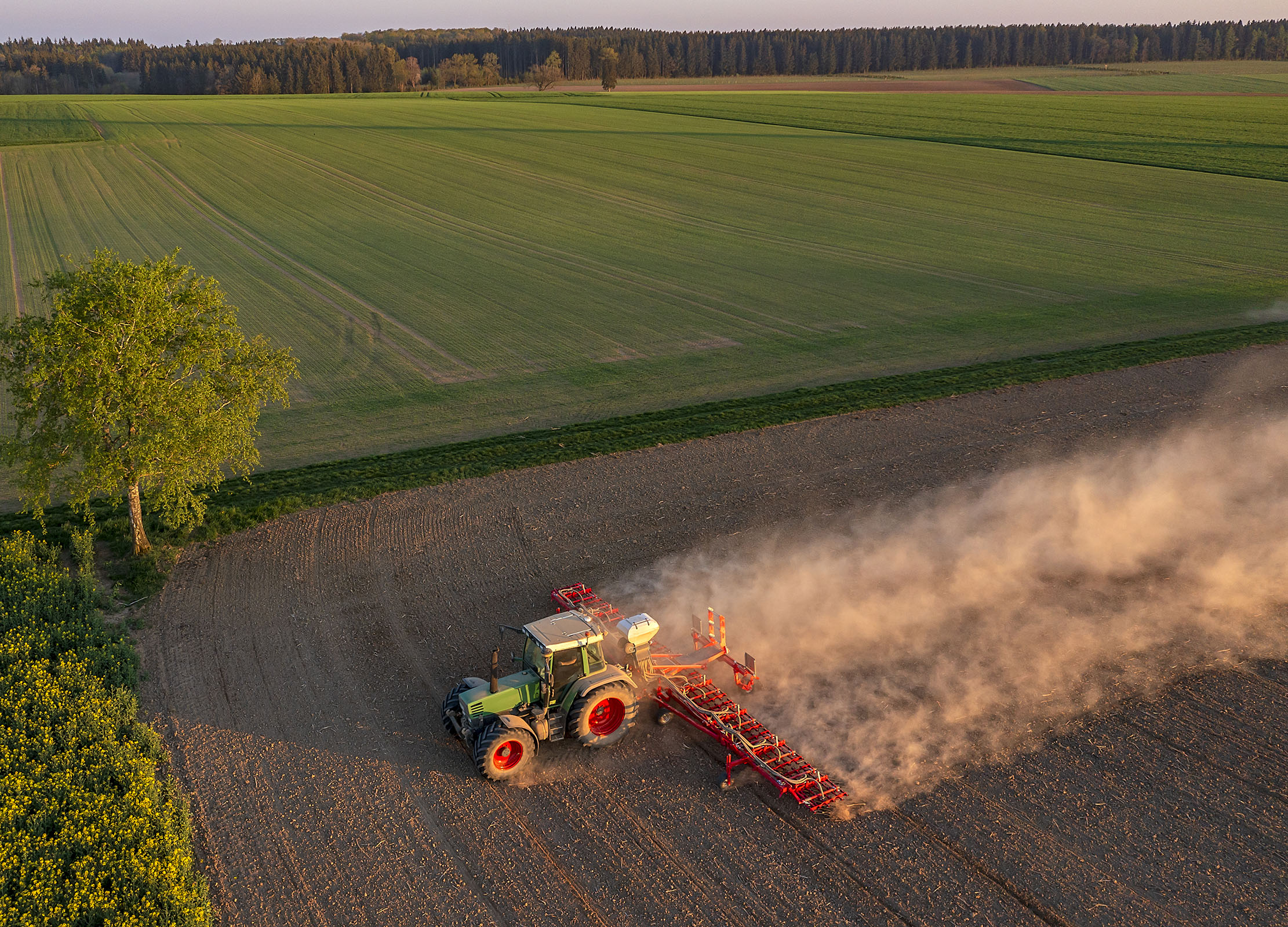 Green Farm Commitment makes farmers see red
Green Farm Commitment makes farmers see redA new ‘environmental module’ proposed by the farm-assurance scheme Red Tractor has drawn heavy criticism from farmers. James Fisher reports.
By Toby Keel
-
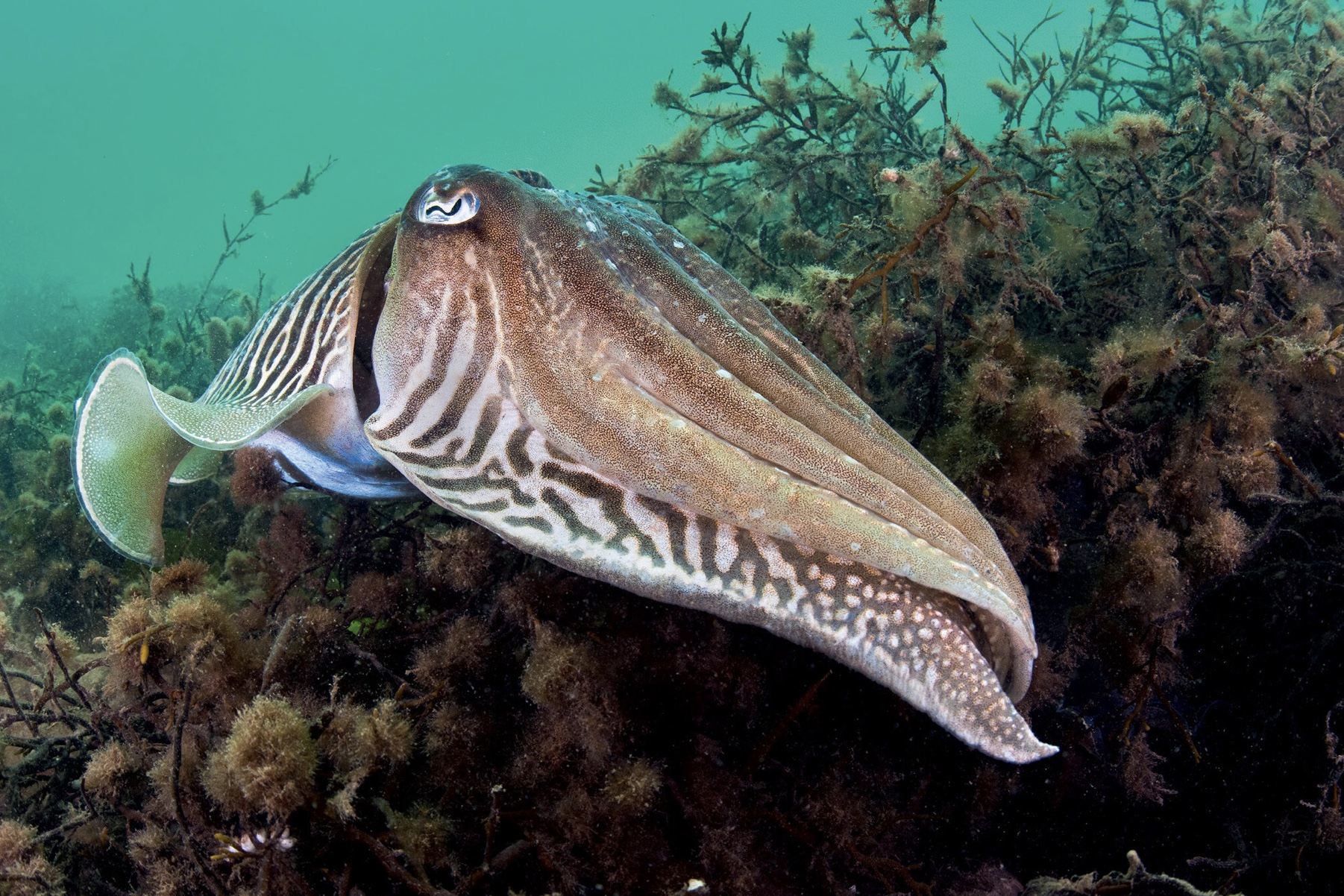 National Marine Week is so packed that they've had to make it two weeks long
National Marine Week is so packed that they've had to make it two weeks longNational Marine Week runs from July 22nd to August 6th, which begs three questions: what is happening, how you can join in, and why they call it a 'week' when it's a fortnight long. James Fisher reports.
By James Fisher
-
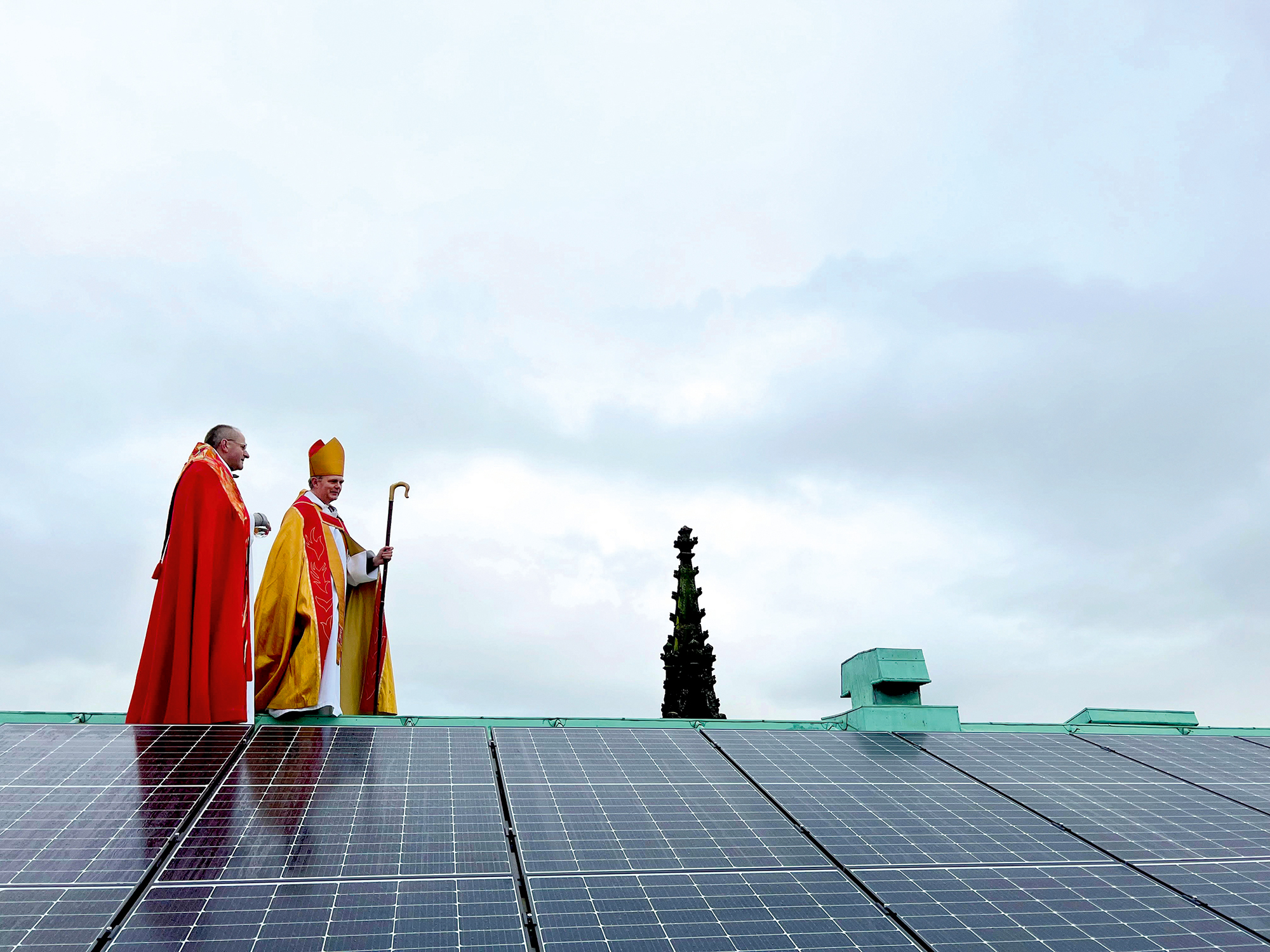 How the Church of England joined the race to Net Zero
How the Church of England joined the race to Net ZeroJames Fisher reports on a very 21st century addition to one of Britain's great cathedrals.
By Toby Keel
-
 'An incomprehensible act of self-harm': The angry reaction to the new coal mine in Cumbria
'An incomprehensible act of self-harm': The angry reaction to the new coal mine in CumbriaThe government's decision to allow a new coal mine to be opened has sparked outrage from across the political and environmental spectrum, as James Fisher reports.
By James Fisher
-
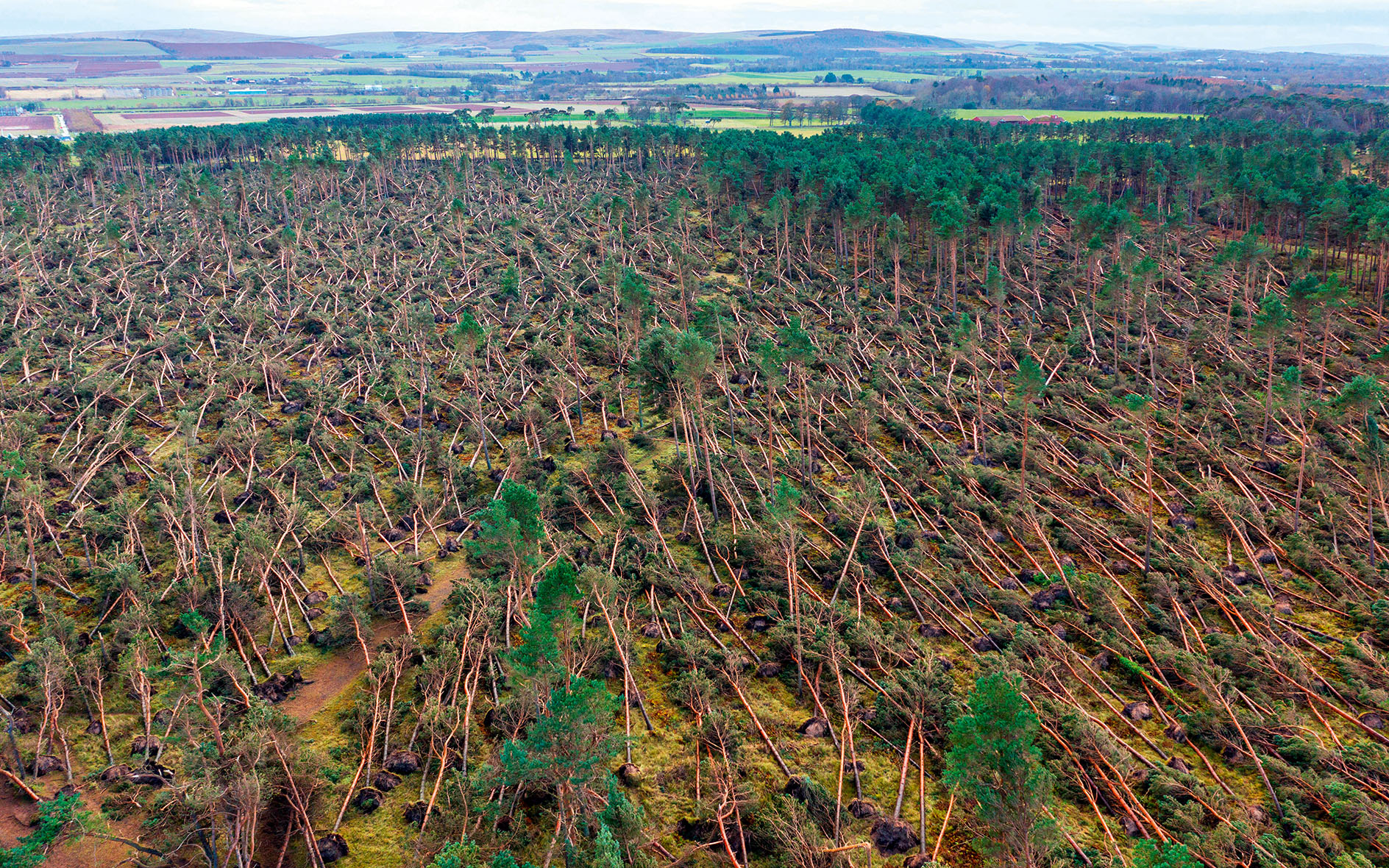 Climate change means we need new approach to tree planting or we'll keep losing them in storms, says chair of Forestry Commission
Climate change means we need new approach to tree planting or we'll keep losing them in storms, says chair of Forestry CommissionBritain needs to think again about its plans for tree planting, according to Forestry Commission data. Stuart Martel reports.
By Stuart Martel
-
 Where to find the 30 ladybirds hidden in this week's issue of Country Life magazine
Where to find the 30 ladybirds hidden in this week's issue of Country Life magazineEvery week in Country Life, we put a ladybird on the front cover. For the 19 May 2021 issue — our sustainability special — we've hidden 30 of them throughout the magazine.
By Toby Keel